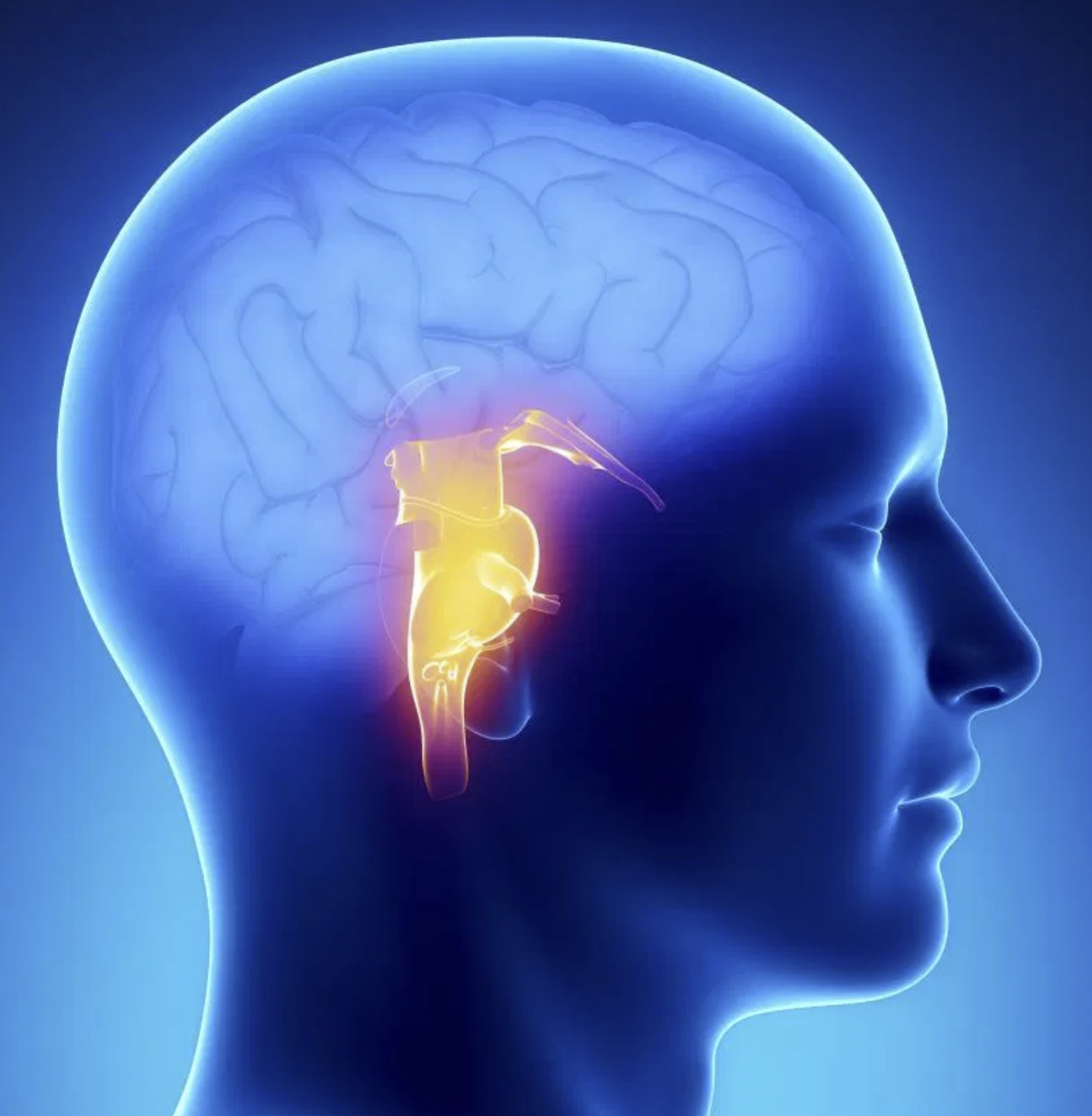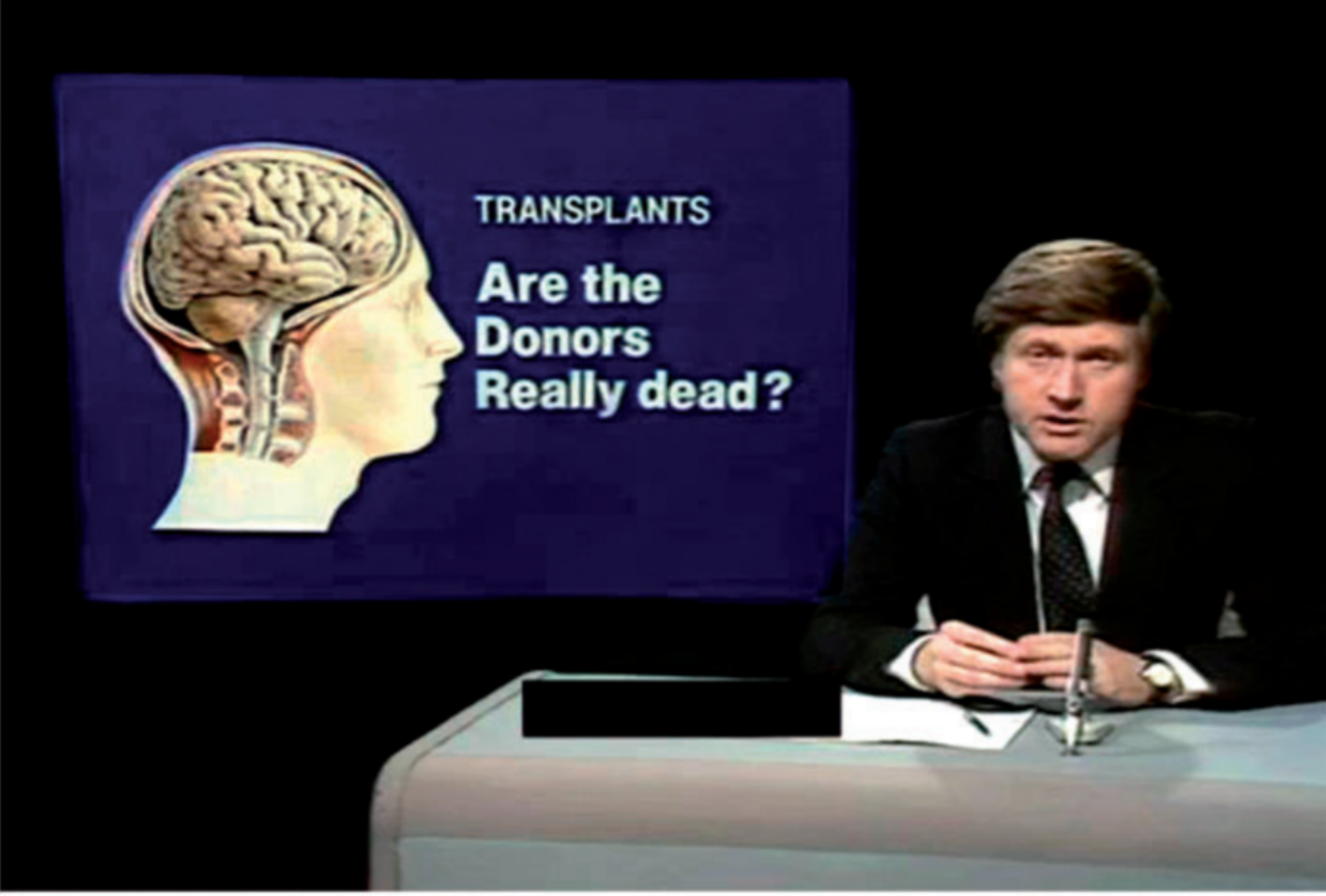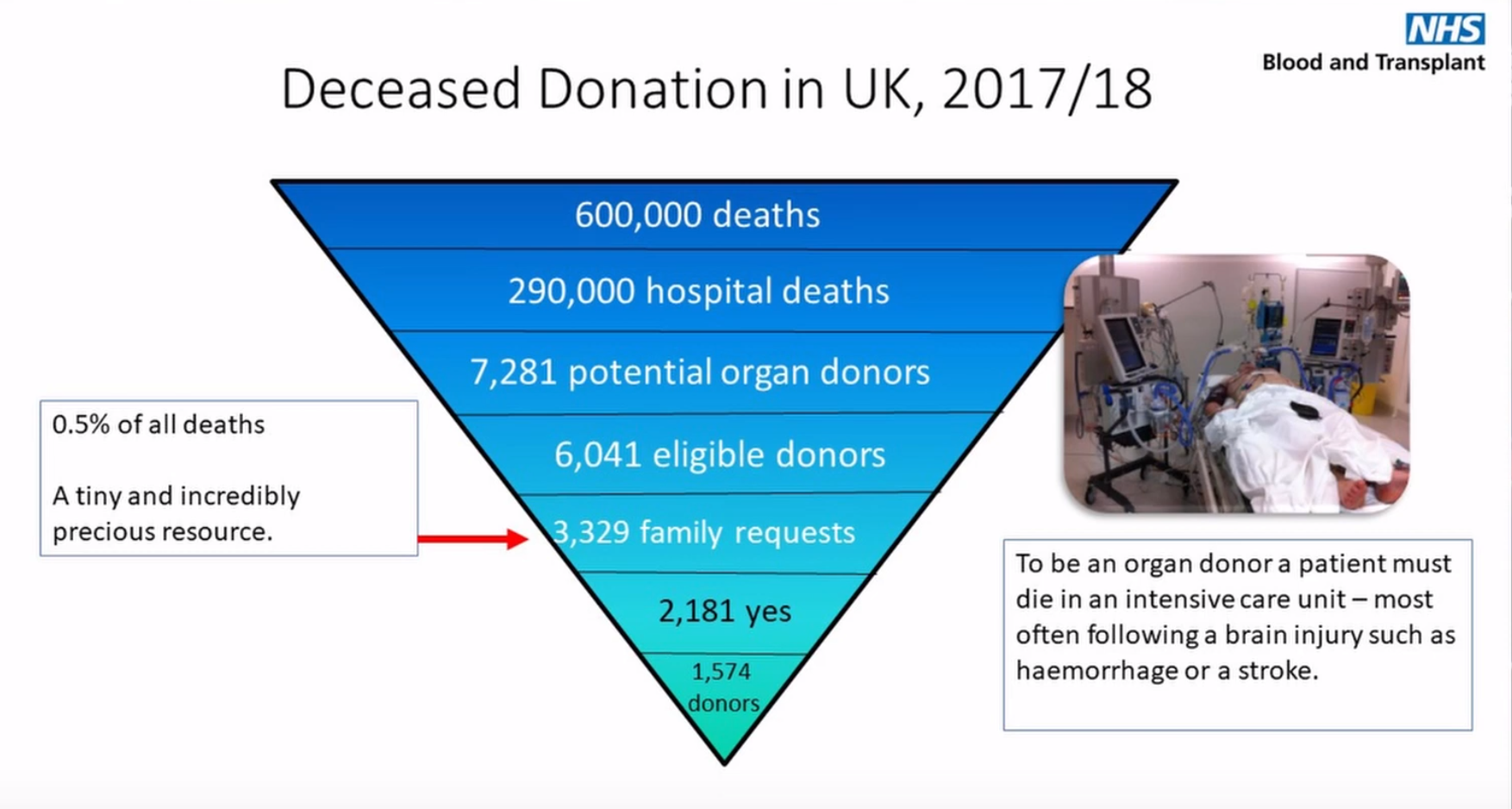بِسۡمِ اللهِ الرَّحۡمٰنِ الرَّحِيۡمِ
Introduction
The issue of brain death is complex and has significant implications. This article aims to provide unbiased information without any conflicts of interest. The author has not been influenced by any organization and does not represent any specific group.


The main debate around brain death centres on the difference between its legal status and its biological state. This confusion arises because legally, brain death is considered as death, even though biologically, it does not mean the person is actually dead. To illustrate, someone can be registered legally blind without actually being blind, or an individual can be registered legally as a female but have male genitalia and a beard.
Legal status depends on factors like time, place, and societal norms, which can change. Biological reality, however, remains constant regardless of external factors. The concept of brain death mainly exists to facilitate organ donation from individuals who are legally dead but still biologically alive. This raises ethical questions about balancing the preservation of life with the benefit of organ donation.
From a logical perspective, an organism cannot be considered dead if none of its organs have ceased functioning. Brain death diagnosis does not require any organs to have died; instead, it relies on specific neurological criteria. The shortage of organs available for transplantation highlights the need to retrieve organs from brain-dead individuals being declared legally dead, even though they display many features of being alive such as being warm, perfused, having a beating heart, growing normally, maintaining body temperature, electrolyte balance, able to fight infection etc.
Longstanding Controversy

The debate about brain death has been going on for a long time. It started when heart transplants began in 1967 by Christiaan Bernard. People started questioning if the donors were really dead when their hearts were removed, or if removing the heart caused their death. In 1968, the Harvard Committee were sure their criteria could diagnose irreversible coma, but they weren't so sure it meant the person was dead. In the U.K., this debate became public in the 1980s, especially after a TV program called Panorama aired on October 13, 1980, asking "Are the Donors Really Dead?" This got a lot of people talking and the media reported on it. Even though we've been talking about it for years, we still haven't come to a final decision because there's no clear proof that irreversible coma means actual death. People who are brain dead may seem close to death enough to stop life support because they won't ever get better.
Is there more than one type of death?
In reality, there's only one type of death that everyone experiences, and it's permanent and leads to the body decomposition. Brain death and other types of death are concepts. The question of whether brain death is the same as Islamic death makes us think about what death really means, beyond just one religion. Instead of getting caught up in complicated definitions of death or when life starts, it might help to think about death in a simpler, more universal way.
When we talk about different kinds of death, like social or spiritual, it reminds us to think about brain death in the right context. We need to be careful about how we define brain death because it can create contradictions if we only focus on its unique features.
Legal Status of Death Versus Biological State of Death
The difference between what the law considers dead and what actually happens in nature shows how complicated our rules and laws can be. Even though brain death is seen as legally dead in many places, it doesn't match up with what happens biologically. Our legal rules, like when you're old enough to vote or get married, might not always line up with what's true in nature, which shows how flexible our laws can be.
The idea of legal death helps with things like organ donation, but it doesn't change what really happens in the body. Even though different cultures and religions have their own ways of defining death, some things, like the fact that death can't be undone and that bodies break down, are true for everyone.
Legal Decrees (Fatawa) Regarding Brain Death
The following is a compilation of significant legal decrees from the Muslim world concerning brain death:
1981: In Kuwait, a religious committee asserted that an individual remains alive as long as circulation and respiration persist, even if respiration is mechanically assisted. This decree concluded that brain death does not align with the concept of Islāmic death.
1982: In Saudi Arabia, the Senior Religious Scholars Commission sanctioned organ donation from individuals diagnosed as brain dead.
1985: The Islāmic Organization for Medical Sciences (IOMS) equated brainstem death with a state of unstable life (al-hayat ghair al-mustaqirr), permitting the discontinuation of life-support systems. However, it refrained from equating brainstem death with a formal declaration of legal death. Despite a review in 1996, the IOMS retained its original stance.
1986, Oct. 11-16, Amman (IFA-OIC): Resolution no. 17 (Fatwa) of the Council of Islāmic Jurisprudence on Resuscitation Apparatus (Islāmic Fiqh Academy), during its 3rd session, endorsed two legal standards for declaring death: complete cessation of the heart and respiration, confirmed irreversibly by physicians, or complete cessation of all vital brain functions, with specialists deeming it irreversible and noting brain degeneration. This decree appears to refer to the death of the brain, which has initiated degeneration, rather than brain death as practised clinically. It highlights that brain death, as practised in clinical medicine, does not equate with Islāmic death. Notably, this fatwa employs the terms "irreversible" and "degenerate," which may not necessarily apply to a diagnosis of brain death in clinical practice, as supported by the lack of clinical studies verifying these phenomena.
1987, Oct. 17-21, Makkah (IFA-MWL): The Council of Islāmic Jurisprudence of the Muslim World League, during its 10th session, issued resolution no. 2, permitting the withdrawal of life-support systems from individuals declared as whole brain dead by three physicians. However, pronouncing the individual dead was contingent upon the cessation of breathing and heartbeat. This decree did not equate brain death with legal death, thereby contradicting the 1986 fatwa. Despite its significance, it received minimal attention in the media, reaffirming that brain death, as practised in clinical medicine, does not correspond with Islāmic death. Interestingly, while the IFA-OIC accepted brain death as legal death in 1986, the IFA-MWL rejected this notion a year later.
1995: A fatwa from the Muslim Law Council in the UK stated that it accepts brain stem death as constituting the end of life for organ transplant purposes. Notably, this decree was issued without the involvement of medical professionals.
2000: The European Council for Fatwa and Research ratified the 1986 fatwa issued by the IFA. It defined death as the cessation of all brain functions or the irreversible dysfunction of the heart and respiratory system. This fatwa underscores that brain death, as practised in clinical medicine, does not align with Islāmic death.
2007: At the 16th Fiqhi Seminar in Muhazzabpur, Azamgarh, the Indian Fiqh Academy declared death as the complete collapse of the respiratory system, accompanied by apparent signs of death. This fatwa emphasized that brain death does not equate with Islāmic death.
2019: Mufti Zubair Butt issued a detailed fatwa on organ donation, stating that brain death does not constitute death in Islām.
2021: The Fiqh Council of North America declared that brain death is not included in the definition of death, thus precluding the extraction of vital organs, such as the heart, for donation purposes in such a state. Medical expert opinion was sought in issuing this fatwa.
Conclusion
In summary, brain death, although accepted by law in many places, is not the same as biological death. Back in 1968, the experts who first introduced the idea of brain death didn't mean for it to be seen as the same as traditional biological death. They were suggesting a new way to define death that would better fit with advancements in medicine and what society needed at the time. However, later on, some people started saying that brain death was the same as real death, which caused a lot of confusion and debate.

In the UK, when it comes to potential organ donors, some Muslim scholars recognize that brain death isn't the same as actual death, but they see it as legal death according to Islamic law. These scholars believe that organ donation from someone who is brain dead is allowed. It's important to understand that brain death isn't the same as biological death because if we could take organs from truly dead people, we wouldn't have a shortage of organs for transplant. Plus, when someone dies, their organs also stop working, so organs from a truly dead person wouldn't be suitable for transplant.
The difference between legal and biological death highlights the challenges we face in society's rules and ethical decisions. While legal death might make things easier in practical terms, we shouldn't forget the reality of biological death. Making it clear that legal and biological death are different is crucial for dealing with tough ethical questions about end-of-life care and organ donation.
Dr. A. Hussain, 2020
